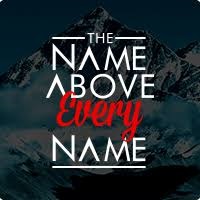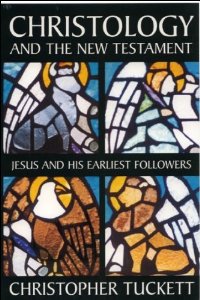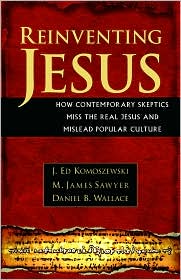Beyond Death, by Gary Habermas and J.P. Moreland
This book is a comprehensive examination of the afterlife. The book begins with an examination of traditional arguments for the afterlife, showing both their strengths and weaknesses. It goes on to argue for the existence of the soul, as well as explore the nature of the soul.
The centerpiece of their case rests on near-death experiences. They detail many documented cases, as well as speak of the ongoing research in this area. This section is worth the cost of the book.
They also address the evidence for the resurrection of Jesus, reincarnation, and explore the nature of our existence beyond death.
The Missing Gospels: Unearthing the Truth Behind Alternative Christianities, by Darrel Bock
This book is an introductory look at the so-called lost Gospels some scholars claim challenge the very notion of Christian orthodoxy. The “new school” maintains that the early church held to a diverse set of beliefs, and those who call “orthodox” did not become orthodox until the third century via political maneuvering. The Missing Gospels attempts to show that the new school interpretation of Christian history is mistaken.
Bock contrasts the Gnostic materials with the Biblical and post-apostolic writings of the Fathers on four key ideas: (1) God and creation; (2) the person of Jesus as human and divine; (3) salvation; (4) the purpose of Jesus’ life and death. He concludes that the Gnostic materials present a radically different picture of Christianity than orthodoxy.
I would recommend this book for anyone interested in better familiarizing themselves with the Gnostic materials, as well as providing an answer to those who claim Gnosticism was one of a variety of original Christianities.
 I’ve often heard people claim that Saul of Tarsus confessed the deity of Christ during his encounter with Jesus on the Damascus Road by calling him “lord.” We read: “As he neared Damascus on his journey, suddenly a light from heaven flashed around him. 4 He fell to the ground and heard a voice say to him, ‘Saul, Saul, why do you persecute me?’ 5 ‘Who are you, Lord? Saul asked. ‘I am Jesus, whom you are persecuting,’ he replied.” (Acts 9:3-5)
I’ve often heard people claim that Saul of Tarsus confessed the deity of Christ during his encounter with Jesus on the Damascus Road by calling him “lord.” We read: “As he neared Damascus on his journey, suddenly a light from heaven flashed around him. 4 He fell to the ground and heard a voice say to him, ‘Saul, Saul, why do you persecute me?’ 5 ‘Who are you, Lord? Saul asked. ‘I am Jesus, whom you are persecuting,’ he replied.” (Acts 9:3-5) What is the name above every name that was given to Jesus by God (Phil 2:5-11)? Was it “Jesus” or “Lord”?
What is the name above every name that was given to Jesus by God (Phil 2:5-11)? Was it “Jesus” or “Lord”?



